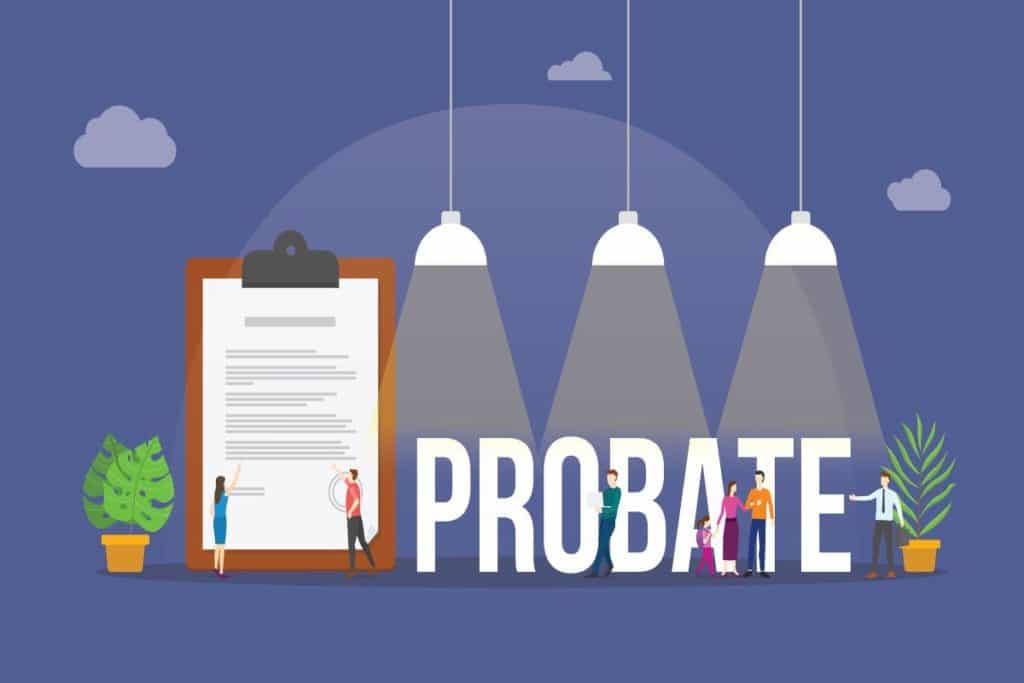If this is a question you’ve been pondering, you’re already ahead of the curve. Having a will secured is important—not only for practical reasons— but also because you’re making your family’s life during probate that much easier.
Your Original Will
There are many instances in life where the copy of a document is sufficient to prove that a document exists, but this is not the case when it comes to your will. Often referred to as the “wet ink” original, your original will document is what the court wants to see at the probate appointment. The probate process becomes complicated when the original isn’t available. Your loved ones will be made to explain why the original cannot be presented and convince the court that the original is displaced, not intentionally revoked or destroyed. These hoops and hurdles can be avoided with due care and the guidance of an estate planning attorney.
Your Will Meets Formalities
Virginia’s rules regarding what constitutes a valid will are not particularly unique compared to other states. Still, some nuances and formalities are worth paying close attention to. When a will does not completely meet the formalities, its validity comes into question, and beneficiaries are at risk of losing their share in the event of a challenge.
First, the testator (the person creating the will) must be of sound mind, mentally competent, of a majority age, and the will must be created on the testator’s own volition (not under duress, coercion, or through fraud).
- Must be in writing (i.e., communicated in a written form as proof of its existence).
- Must be signed by the testator (the person creating the will). If the testator cannot sign the will themselves, the testator can direct someone else to sign on their behalf (provided the testator is present at the signing). However, it is highly recommended that the testator signs the will to decrease the likelihood of a court challenge down the line.
- The testator must sign the will in the presence of two competent witnesses, and the two competent witnesses must sign the will in the testator’s presence.
An affidavit of the testator and witness attesting to these facts is not required by law, but it is a best practice, and your beneficiaries will thank your attorney for following this best practice. Through the probate process, the affidavit is how your witnesses vouch that they were present at and saw the signing of the will. This is proof to the court of the creation and existence of your will. This is a far superior option to the witnesses being made to come back after the testator’s death to testify to the existence of the will’s creation. (By the way, there is no guarantee the witnesses will be available or competent to testify!)
A Named Executor
Although the to-be executor in the will typically brings the will before the court, anyone can present the will for probate. An executor is a person who is handed the responsibility of handling your affairs and carrying out your wishes. The executor of your estate has a fiduciary duty to act in the best interests of your estate and to diligently ensure your non-real estate assets are transferred to your entitled beneficiaries.
Before you draft your will, you should have in mind a person who will carry out these duties and who you know would be willing to fill the role. Whoever you named in your will can decline to accept the call of duty by renouncing this position in writing and filing the writing with the court. When the named executor cannot or will not serve, the circuit court will appoint the duty to an alternate executor.
Learn More About the Probate Process
If you’re interested in learning more, we invite you to attend our free probate workshop. The workshop is available “on demand” and covers some of the key areas where people make mistakes. If a loved one has recently died, and you need answers about how to proceed, please contact us so we can help. We offer a complimentary consultation for families trying to navigate probate.




